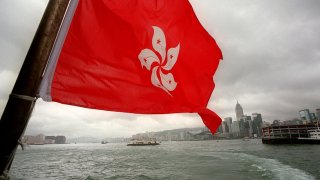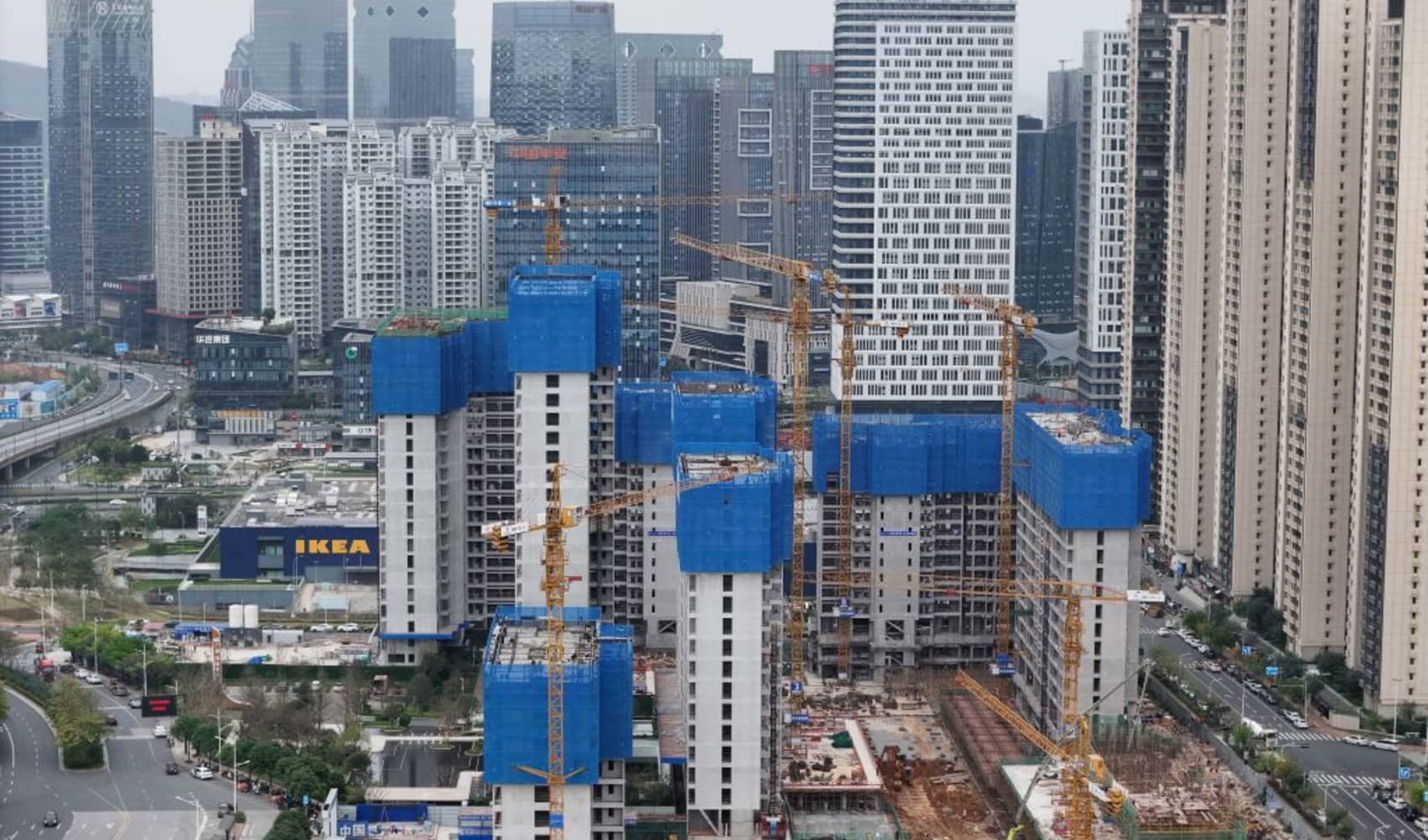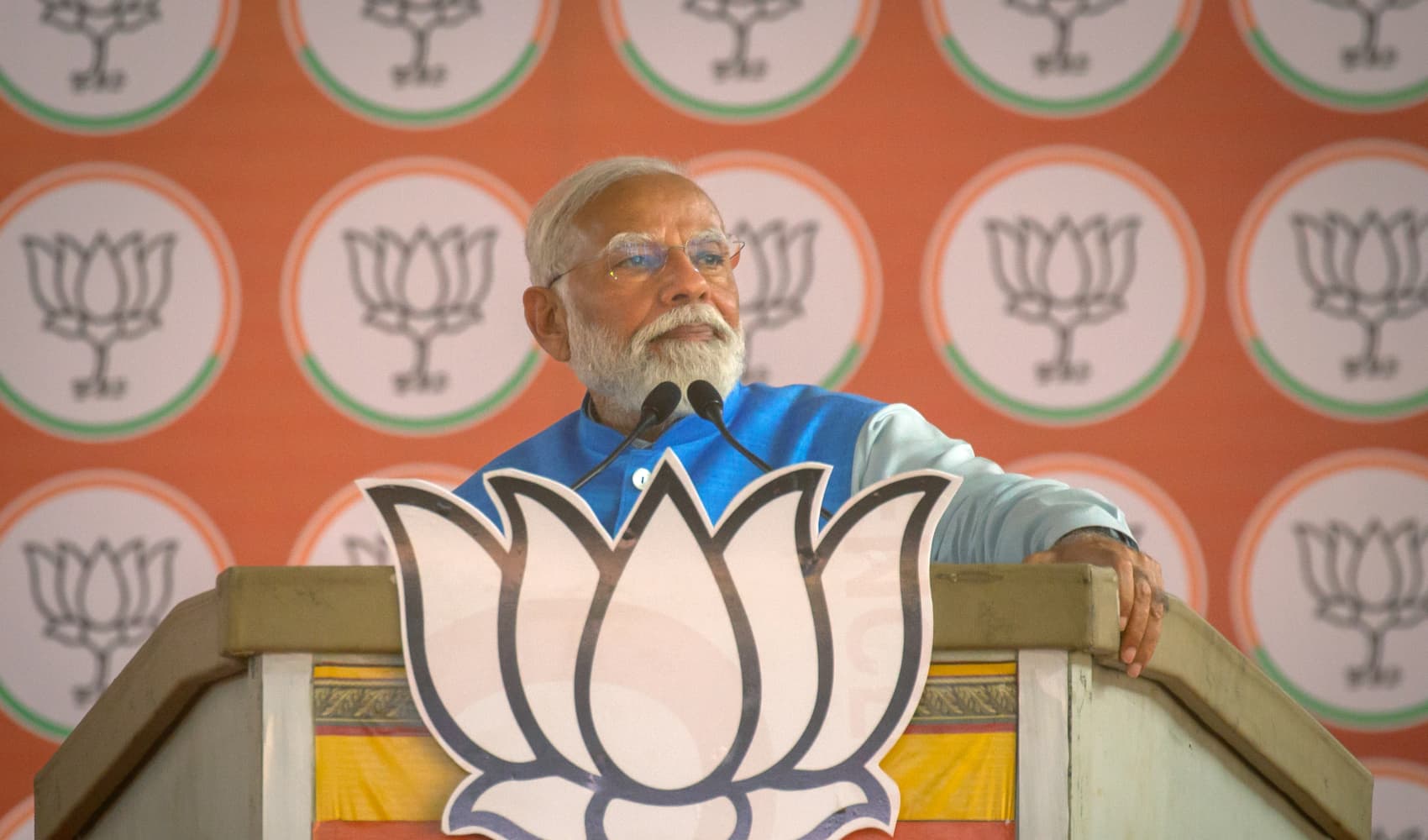
- China on Friday proposed changes to Hong Kong's electoral system which would hold back the city's pro-democracy politicians.
- Chinese Premier Li Keqiang said in his work report that China will "resolutely guard against and deter external forces' interference" in Hong Kong's affairs.
- The proposed changes include adjusting the size, composition and formation of Hong Kong's election committee, which selects the city's leader or chief executive, said state media Xinhua.
Beijing on Friday proposed changes to "improve" Hong Kong's electoral system — a widely anticipated move as China tightened its hold on the semi-autonomous region.
Before the proposal was announced, Chinese Premier Li Keqiang said at the start of China's annual "Two Sessions" parliamentary meeting that the country will "resolutely guard against and deter external forces' interference" in the city.
The proposed changes include adjusting the size, composition and formation of Hong Kong's election committee, which selects the city's leader or chief executive, said state media Xinhua.
We're making it easier for you to find stories that matter with our new newsletter — The 4Front. Sign up here and get news that is important for you to your inbox.
Beijing also wants to expand the committee's function to include electing a "relatively large share" of Hong Kong's legislative body, and nominating candidates for the body, said Xinhua.
Last week, media outlets including Reuters reported that potential changes to Hong Kong's electoral system would hold back Hong Kong's pro-democracy politicians.
Money Report
Hong Kong is a former British colony that returned to Chinese rule in 1997. The city is governed under a "one country, two systems" principle that gives it greater autonomy than other mainland Chinese cities, including limited election rights.
Beijing has been criticized internationally — by countries including the U.S. and the U.K. — for undermining Hong Kong's autonomy that was promised under the "one country, two systems" framework.
Proposed changes to Hong Kong's electoral system came about a year after China bypassed the city's legislation to enact a controversial national security law.
Implementation of the law followed months of pro-democracy protests in the city that sometimes turned violent. Chinese officials and state media had often said "external forces" were behind the Hong Kong protests.
Wang Chen, vice chairman of the National People's Congress Standing Committee, said on Friday that "rioting and turbulence" in Hong Kong point to "clear loopholes and deficiencies" in the electoral system, reported Xinhua.
The National People's Congress (NPC) is China's top legislature.
Chen added that changes must be made so that Hong Kong is governed only by "patriots," according to the report.
Witman Hung, a Hong Kong deputy to the 13th NPC, told CNBC's "Capital Connection" that China always assumed that "Hong Kong people who are patriots" will lead the city. The Chinese leadership was confident in them running Hong Kong, he added.
"Nobody was questioning it until recently," he said on Friday. "What we found is that maybe the assumption wasn't … true."
He said the violent riots as well as "subversion and secession plans" were "beyond imagination" 20 years ago.
He also defended China's right to make changes in Hong Kong, noting that the city's legal framework and basic law were enacted by the NPC.
"If you look at that from a jurisprudence point of view, I mean this is perfectly legal and in line," he said.
— CNBC's Abigail Ng contributed to this report.






